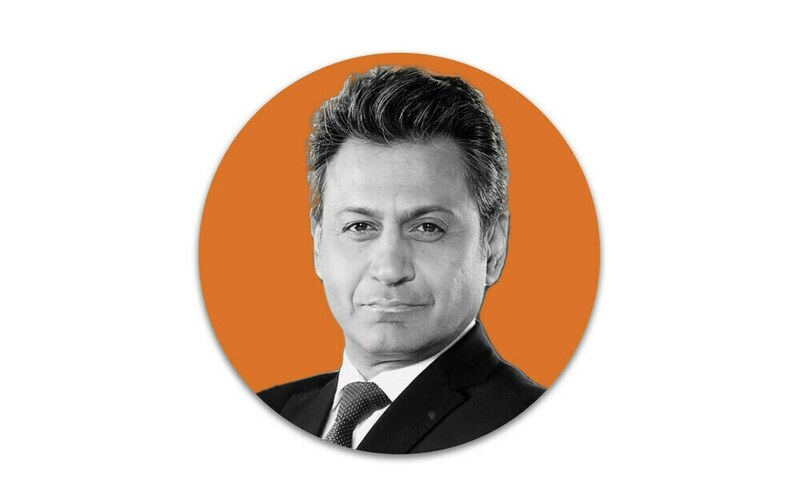By Fahd Husain
Since the Pahalgam attack on April 22, politicians have almost disappeared from prime-time TV shows in Pakistan. The Pakistan-India conflict and then the Iran-Israel war, these turbulent events led news organisations to troop in national security and foreign policy experts to their studios in place of the regular talking heads. Political discussions evaporated into this air.
And politics?
Here’s the funny thing about politics. It is struggling to return to prime time even now when the conflicts have ended. There’s always the politics around these conflicts, but such topics also bring forth the national security brigade of commentators and experts. It is a strange phenomenon and TV anchors, and their teams are struggling to find political topics that can find traction in such times.
But the issue is far bigger than TV. The new normal is reflecting a new reality: politics as we know it is slowly receding into the background.
The signs are everywhere. The ruling coalition has settled into the rhythm of the hybrid system. Their comfort with hybridity is such that the Defence Minister has praised it on record.
The functional power matrix has been firmly superimposed over the theoretical one, and all in the governance structure have embraced it with gleeful willingness. There’s not much politics on display inside the Red Zone because the pecking order is as clear as day.
The opposition, which usually generates the momentum of politics, is fractured and subdued. No street agitation, no boisterous rallies, no alliance-making and anti-government mass movements, no legislative offensives, and no grand narrative building. It is almost as if the opposition has gone into hibernation.
The courts – generators of much news flow – have also stopped making waves. Predictable decisions at predictable times have become yawn-worthy. Gone are the days when the superior judiciary was driving political momentum through its remarks and judgements.
So why has everyone gone quiet?
Take the ruling coalition first. All parties know full well they are in power because of the requirements of hybridity. Theirs is an inorganic ascent to power. The sustainability and longevity of their power depends fully on their utility within this existing hybridity. This utility is, in many ways, dependent on their ability and willingness to flow gently with the tide and never swim against it.
As junior partners within the system, it is expected of them to lend a hand when needed, keep the formal system of constitutional system chugging along, and not create waves when none are needed. When was the last time the ruling parties had a big political event? When was the last time they created noise – even governance related – that reverberated across the country? When was the last time they actually collided with the opposition? Silence suits them.
It does not suit the opposition. And yet, silence is what they too are generating. All their initiatives have fallen by the wayside.
There is no coherence in the PTI’s plans; no clarity in their strategy; and no resonance in their narrative. If they do succeed in making any noise, it is against each other. This may be one reason that PTI’s allies have also gone quiet. When was the last time you saw or heard Mahmood Khan Achakzai on the media? When was the last time you heard Shahid Khaqan Abbasi convene a meeting for a grand alliance? The only activity that the PTI can generate is the struggle to get into Adiala jail to see Imran Khan.
As for Khan, he cannot expect much relief from the courts. Judgements rendered on military courts trial and on the reserved seats, among others, have confirmed that PTI will continue to see its space shrink in every way. The superior judiciary is in no mood to make waves.
Is this the new normal then?
Scan the months ahead and there is little to suggest that politics will make a grand comeback. The May 9 judgement, when it comes, will create some ripples, but these too will be predictable ones. Token protests by PTI may generate some headlines for a day or two, but that’s about it. Inside the parliament, legislative politics will go even quieter.
Now that the ruling coalition commands a two-thirds majority after the SC reserved seats judgement, it has no need to engage the opposition for making laws and constitutional amendments. In fact, the power to amend the constitution means that the ruling coalition can now further suppress politics as we know it by making sweeping changes that curtail space for dissent.
They say you should be careful what you wish for lest you get it. We have been yearning for stability for years. If such stability means the silence echoing across the land, then yes, we may have what we wanted. The end of politics is upon us. For now. And yet…
“Every new beginning comes from some other beginning’s end”.
Copyright Business Recorder, 2025
